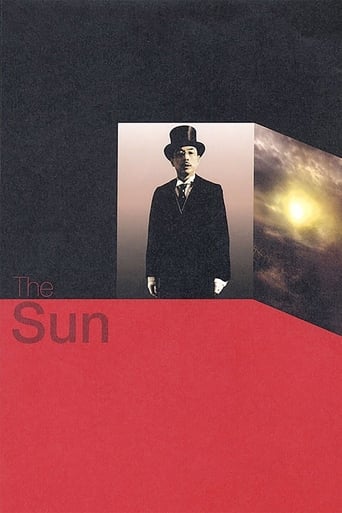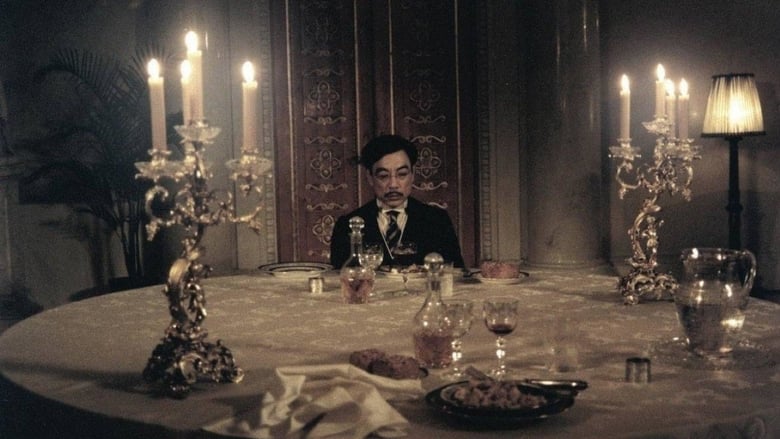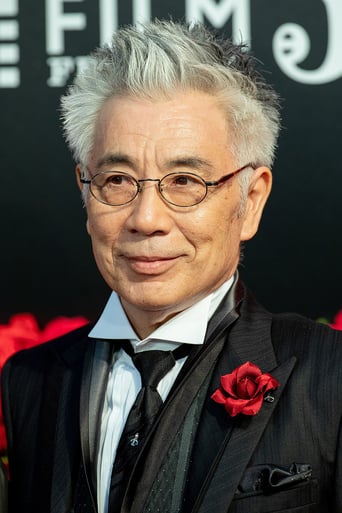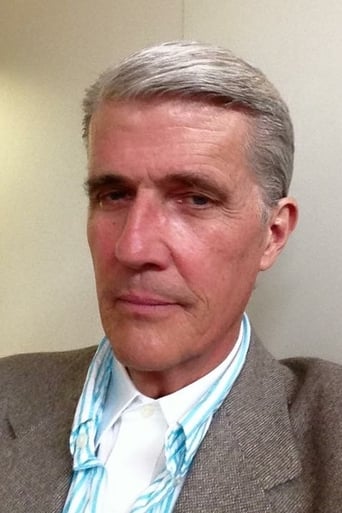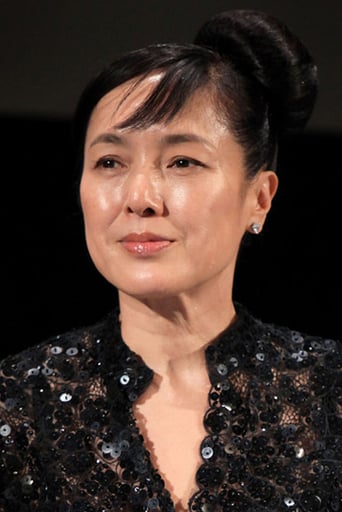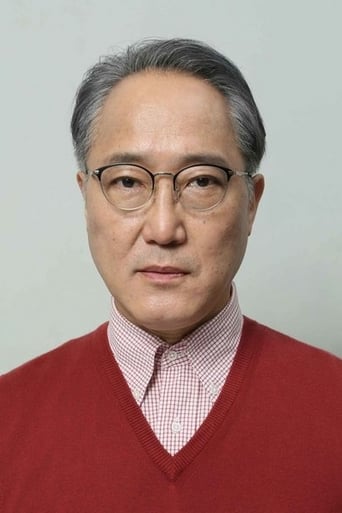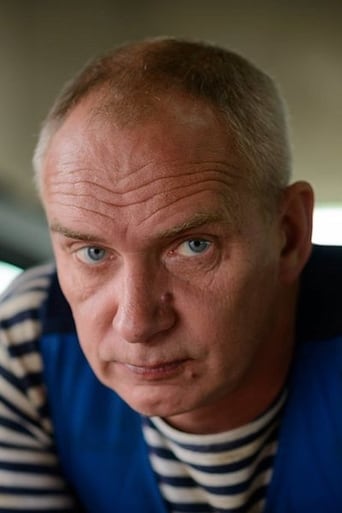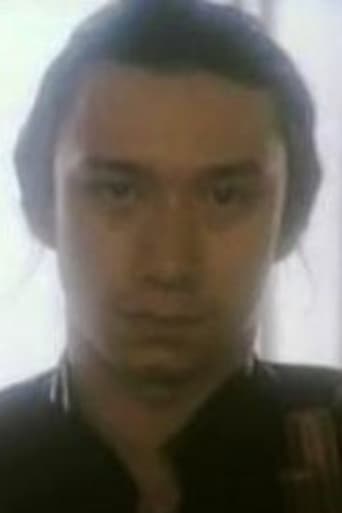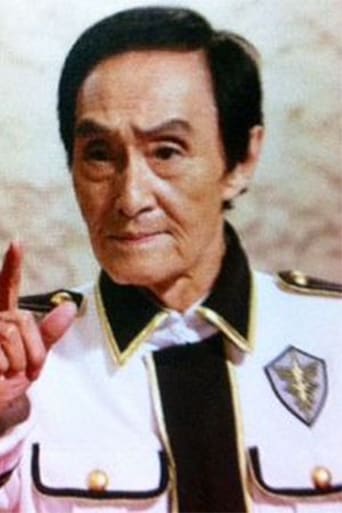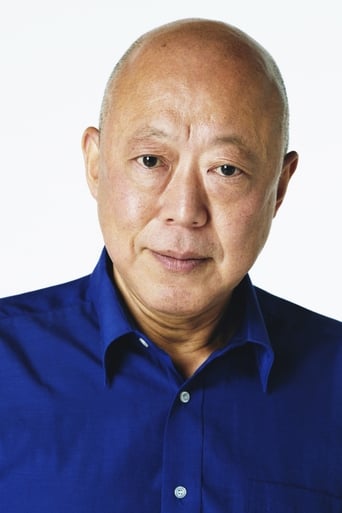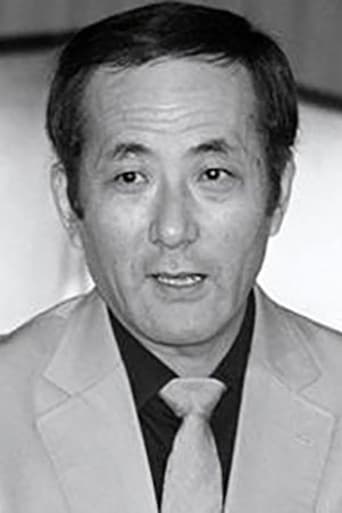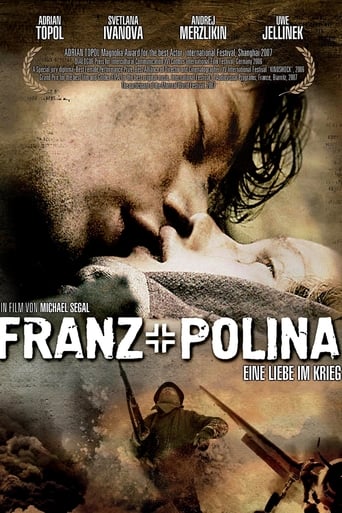Biographical film depicting Japanese Emperor Shōwa (Hirohito) during the final days of World War II. The film is the third drama in director Aleksandr Sokurov's trilogy, which included Taurus about the Soviet Union's Vladimir Lenin and Moloch about Nazi Germany's Adolf Hitler.


Similar titles
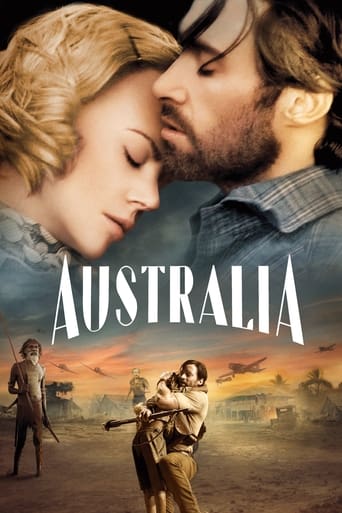
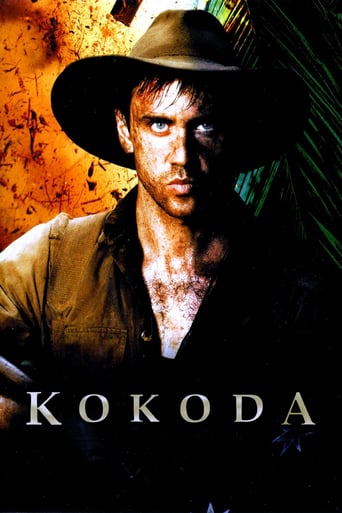
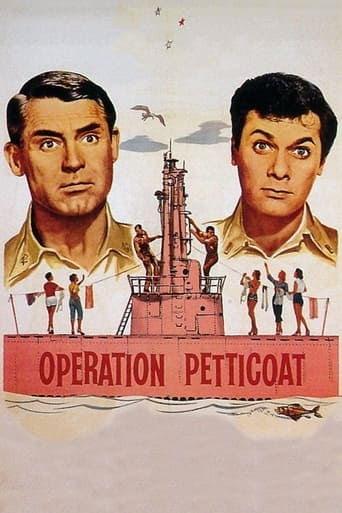
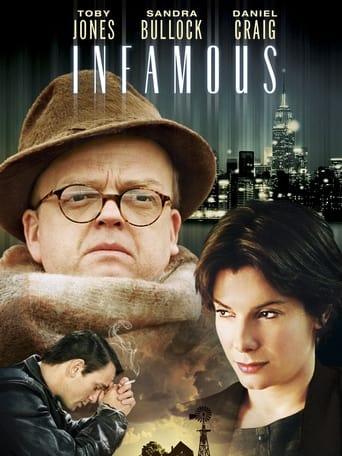
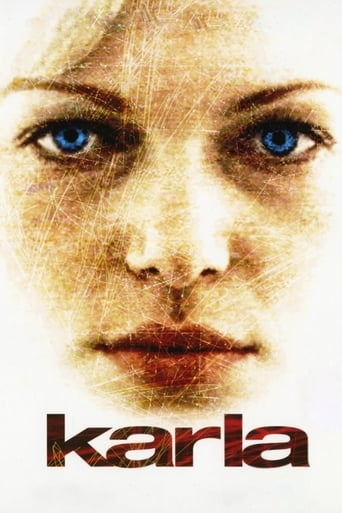
Reviews
Similar to Oliver Hischbiegel's Downfall, released a year earlier, The Sun follows Emperor Hirohito during the final days of World War II. While American soldiers invade the land after dropping the atomic bombs on Hiroshima and Nagasaki, the Emperor remains holed up in the bunker of his palace, existing in a kind of daze. He wanders the hallways, followed by his servants who hang on his every word and action, awaiting his instructions. He quietly ponders the situation and attempts to negotiate a peace treaty with his advisors, wondering what effect it will have on his legacy. General Douglas MacArthur calls for him to dine with him, and the two almost share a strange bond while discussing politics, determining the Emperor's fate and smoking cigars.Director Aleksandr Sokurov, who was responsible for the hypnotic Russian Ark and criminally under-seen Alexandra, adopts a similar style to that of the former. The digital image glides along the steel corridors of the bunker, following Hirohito's every move. The darkness and the grain of the image allowing a more grounded feel to the proceedings. This way, it feels less like a period piece based on real events, and places you more in the time. It's a similar approach to that taken by Michael Mann in the over-rated Public Enemies. Though Michael Mann's almost emotionless biography of John Dillinger used it in a desperate attempt to look cool and edgy (something that Mann seems to do with every new film he does - surprising given the effortless cool of the likes of Heat and Manhunter - anyway...), here Sokurov adopts the style to create a very real atmosphere.The almost constant soundtrack, too, adds to the atmosphere of the piece. As the Emperor slowly paces the corridors, quietly discusses matter with his board and quietly reflects on his actions, the music and camera-work gave me the overall impression of doom. Not that the film is heading that way, I felt that it more represented the internal struggle of the Emperor, where his fate is seemingly out of his hands, and his country could be facing ruin. Two of the largest cities in the country have been obliterated by the U.S., who are now crossing their borders and invading. Being the Emperor, he is of the belief that he is a God. Is this the legacy of a God? What will his people remember him for?I can't end the review without mentioning the computer generated sequence that breaks up the film. Dazed and delirious after being taken ill, the Emperor sits open mouthed at the edge of his bed, imagining scores of giant flying fish soaring through the air. The country below them lies in smoky ruin, and the fish begin to drop more bombs, the sounds of the fish's 'engines' groaning terribly. The fish by the way, just to put it into context, represent Hirohito's love for marine biology, which he persists in researching even as the Americans invade. It's a brave, interesting move in the film. It initially jarred with the quiet, controlled drama that unfolds before, but it becomes an interesting and unnerving experimental set-piece.A cold, tightly-directed biography that cares less about the politics of the time, and more with the humanistic aspect of a powerful ruler in a troubled time, with a mesmerising lead performance by Issei Ogata.www.the-wrath-of-blog.blogspot.com
There's an awful lot right with this film. Beautifully shot, well written, and an array of fine acting is topped off by an outstanding central performance by Issei as the Emperor whose world is slipping irretrievably out of his grasp. I really believe that, if you want a film about the last days of Imperial Divinity, you can't go far wrong with this.But is that really what you want? The story of the Emperor's changing world is not the story of the demise of Imperial Japan. The comparisons with Downfall are inevitable, but while Hitler dragged the entire world through unthinkable horrors, Hirohito merely watched others do it on his behalf. As a result, the film seems sadly removed from reality. Which, of course, is a true reflection of events - but it doesn't make for a good film.All in all, a near-flawless study of a rather boring subject. Which is a great shame.
Sokurov's haunting recreation of how Emperor Hirohito spent the last hours before the Japanese surrender, this is a miraculous work, and it provided the most powerful aesthetic and emotional experience of the 2005 New York Film Festival, whose official selections were not lacking in depth and fine film-making. "The Sun" depicts a man who knows very well what is going on but lives in a cocoon, in a state of detachment and ineffectuality that becomes strangely heartrending. Issey Ogata's performance as the Emperor easily competes for hypnotic intensity with Bruno Ganz's Hitler in the German film "Downfall" -- but with a very different sort of bunker and a very different kind of man: a silent, immaculate country house with a few faithful servants in attendance; a small, frail but upright and dignified personage who can easily explain the causes of the Japanese defeat to his general staff but has never learned to dress himself or open a door. Even on this day he is more comfortable browsing through photos of his family and American movie stars, dictating notes on marine biology, and writing poetry. Despite the disgrace, he is selflessly happy that peace has come. He inks a brush to write a statement to his absent son, but instead drafts a few verses about the weather. Later he is taken to see Eisenhower, and then brought back again to dine with the general. He enjoys the wine and the meat and has his first taste of a Havana cigar. The Americans conclude that the Emperor is like a child. "What's it like being a living god?" Ike asks. And speaking, to the dismay of the Japanese interpreter, in perfect English, Hirohito says, "What can I tell you? You know, it is not easy being Emperor." These are just a few details in a film rich in telling ones. Simply enumerating them can't explain this film's slow, cumulative emotional wallop -- or the lovely, fantastic, dreamlike landscape images toward the end. This film about one of modern history's most humiliating defeats is a stunning triumph. "The Sun" demonstrates unmistakably that Andrei Sokurov is one of the world's great filmmakers.
It's been a week that I have seen The Sun. I would say that this is one of the best movies I have seen in recent times. Initially I went to watch the film with some qualms about Sokurov's over-ambitious (so I thought) project. 5 minutes into the film and I knew that I was watching a real good movie- hat's off. The subtle interplay of characters, the thought process of the emperor, the surroundings, the Americans will seem all too real. The film is slow in terms of change of events- but you will never feel it. The emperor Hirohita ad the human Hirohita and the obscure line between them is fabulous. It is like going through a brief period of emperors life right in front of him. Mark my words, you'll like it! Vikram
